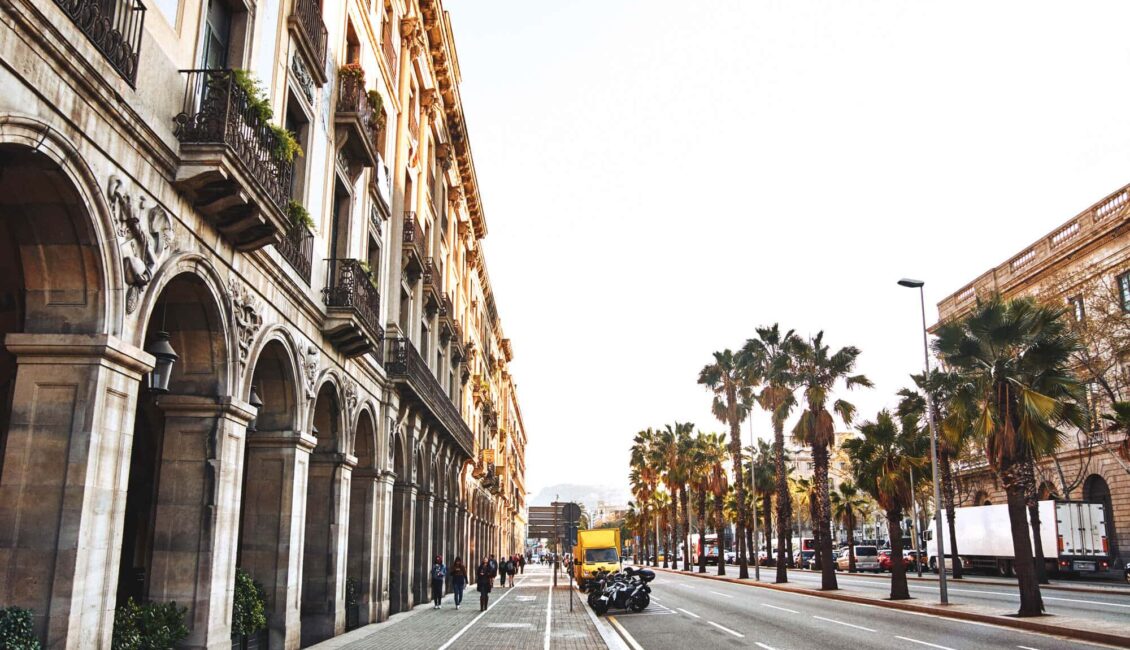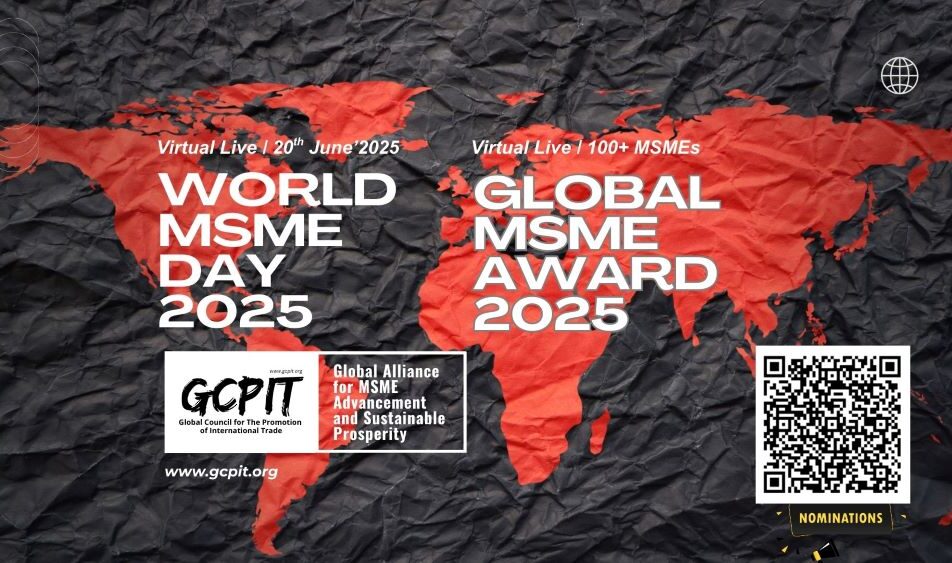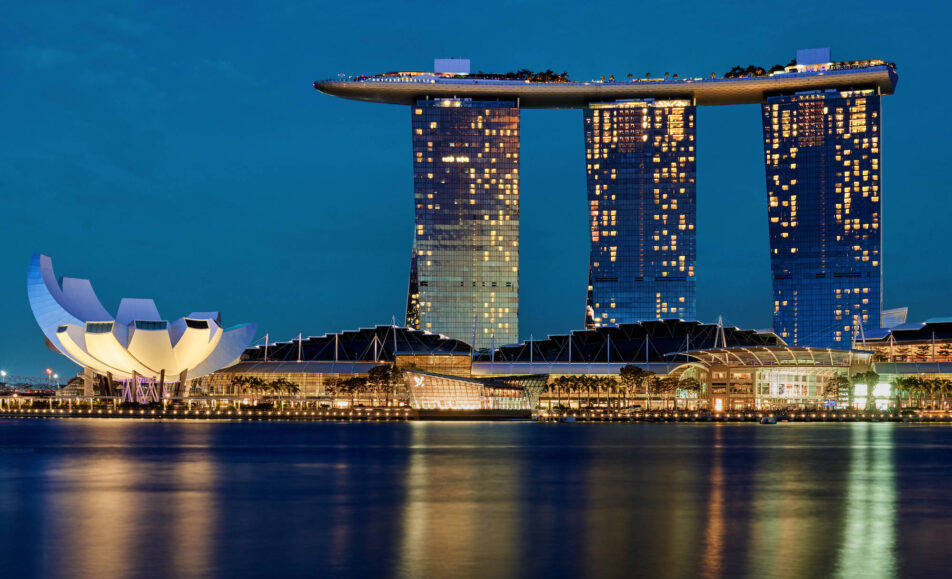
The economy of Europe comprises about 748 million people in 50 countries. The formation of the European Union and in 1999 the introduction of a unified currency, the Euro, brought participating European countries closer through the convenience of a shared currency and has led to a stronger European cash flow.
Business culture
European business people will want a clear understanding of what is to be dealt with in any meeting. A company profile and product literature should also be available.
It is recommended that companies visit the market regularly for face to face meetings and to maintain frequent telephone and email contact between visits.
Punctuality is very important, if you are late for a meeting call ahead to advise and give as much notice as possible. The peak summer holiday months of July and August are difficult to arrange meetings. In addition, many companies shut down over the Christmas and New Year period.
Dress attire is conservative. Most business people will wear suits, although ‘smart-casual’ is becoming more widespread in some industry sectors.
It is usual that company representatives address each other by their surname, until you are invited to use first names. European people can be quite conscious of hierarchy. You should be sensitive to the fact that the older generation tends to be quite conservative.
Business cards are exchanged at the beginning of meetings and do not need to be translated.
Gift giving is not a usual part of European business etiquette. Some organisations are encouraged not to accept any form of gift and some are prevented from doing so on legal grounds.
English is widely spoken in business circles in big cities, but the option of interpreting should be offered.







